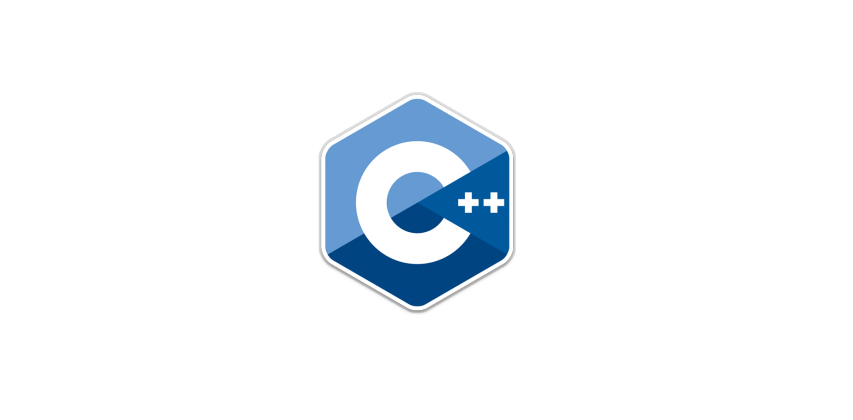【C++笔记】函数的用法:函数的默认参数、占位参数、函数重载
函数的默认参数
在C++中,函数的形参列表中的形参是可以有默认值的。
语法:返回值类型 函数名 (参数=默认值){}
1 | int func(int a, int b = 20, int c = 30){ |
如果给形参传入了数据,就用自己的数据;如果没有,就用默认值
注意事项:
-
如果某个位置已经有了默认参数,那么从这个位置往后,必须都有默认值。(即有默认参数的形参必须放在最后)
1
2
3
4//错误示例:
int func(int a, int b = 10, int c){
return a + b + c;
} -
如果函数的声明有了默认参数,函数实现就不能有默认参数。(即声明和实现只能有一个有默认参数)
1
2
3
4
5
6
7//错误示例:
int func(int a = 10, int b = 10);
int func(int a = 10, int b = 10){
return a + b;
}
error C2572: "func2":重定义默认参数
函数占位参数
C++中函数的形参列表里可以有占位参数,用来做占位,调用函数时必须填补该位置
语法:返回值类型 函数名 (数据类型){}
1 | void func(int a,int){ |
占位参数还可以有默认参数
1 | void func(int a, int = 10){ |
函数重载
1. 函数重载概述
**作用:**函数名可以相同,提高复用性
函数重载满足条件
- 同一个作用域下
- 函数名称相同
- 函数参数类型不同、个数不同、顺序不同
1 | //例: |
2. 函数重载注意事项
-
函数的返回值不可以作为函数重载的条件
1
2
3
4
5
6
7
8
9//错误示例
//无法重载仅按返回类型区分的函数
void func(double a, int b){
cout << "This is func(double a, int b)." << endl;
}
int func(double a, int b){
cout << "This is func(double a, int b)." << endl;
} -
引用作为重载条件
1
2
3
4
5
6
7
8
9
10
11
12
13
14
15//两个函数类型不同
void func(int &a){
cout << "This is func(int &a)." <<endl;
}
void func(const int &a){
cout << "This is func(const int &a)." <<endl;
}
int main(){
int a = 10;
func(a); //调用func(int &a)
func(10); //调用func(const int &a)
return 0;
} -
函数重载碰到默认参数
1
2
3
4
5
6
7
8
9
10
11
12void func(int a){
cout << "This is func(int a)." <<endl;
}
void func(int a, int b = 10){
cout << "This is func(int a, int b)." <<endl;
}
int main(){
func(10); //X 当函数重载碰到默认参数,出现二义性报错,尽量避免重载时使用默认参数
func(10, 20); //√
}参考:黑马程序员匠心之作|C++教程从0到1入门编程,学习编程不再难
链接:https://www.bilibili.com/video/BV1et411b73Z
评论


